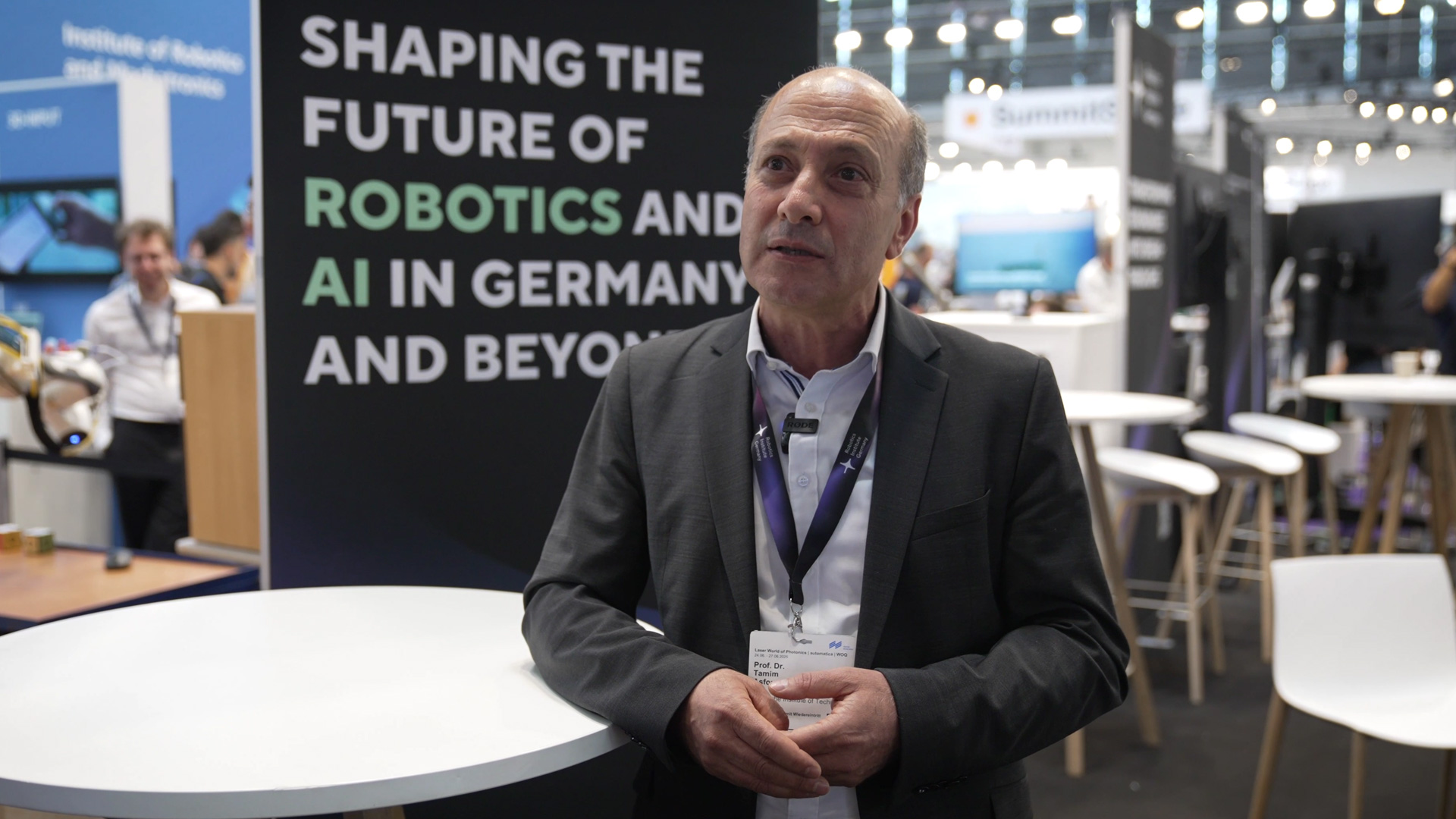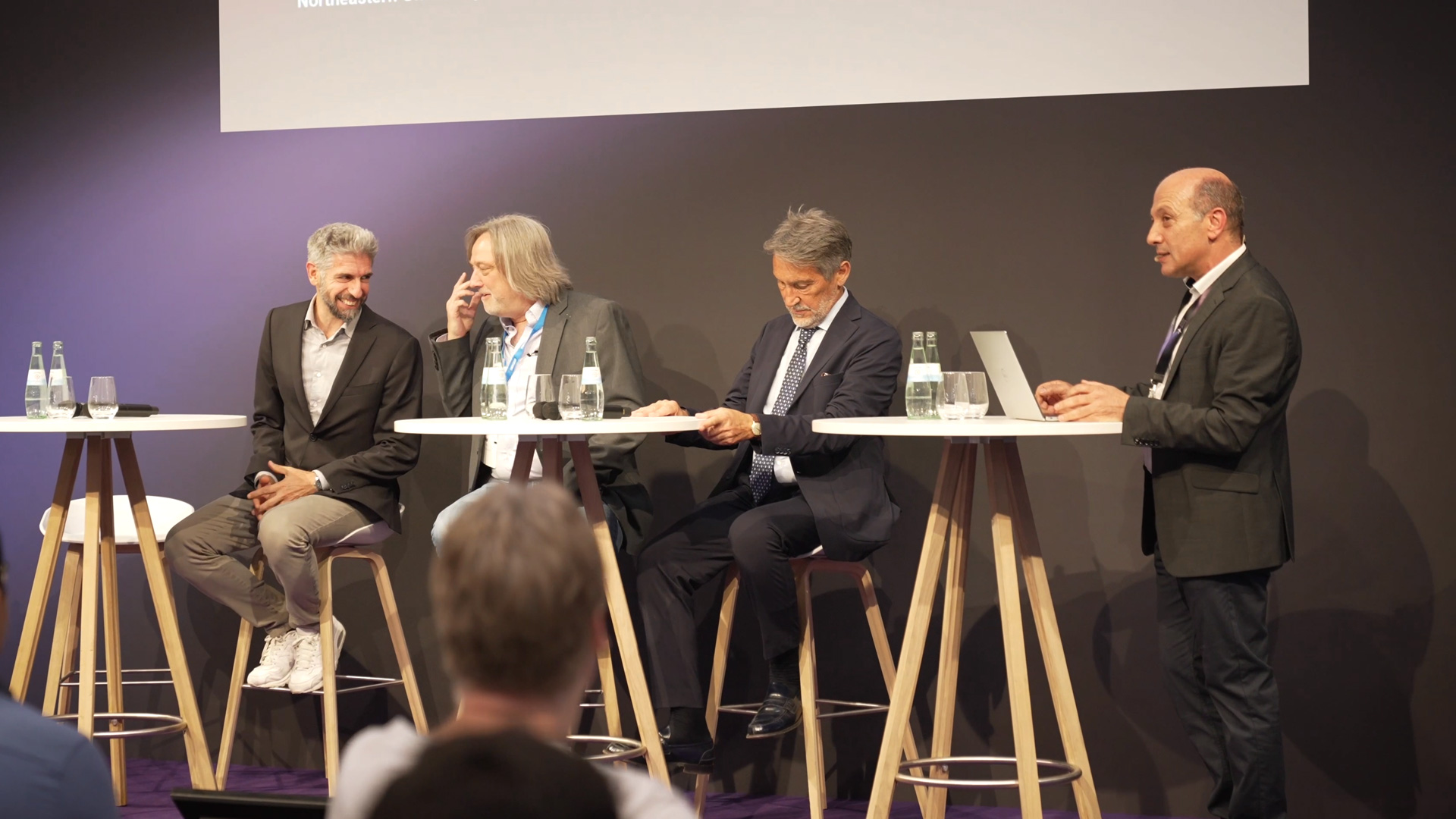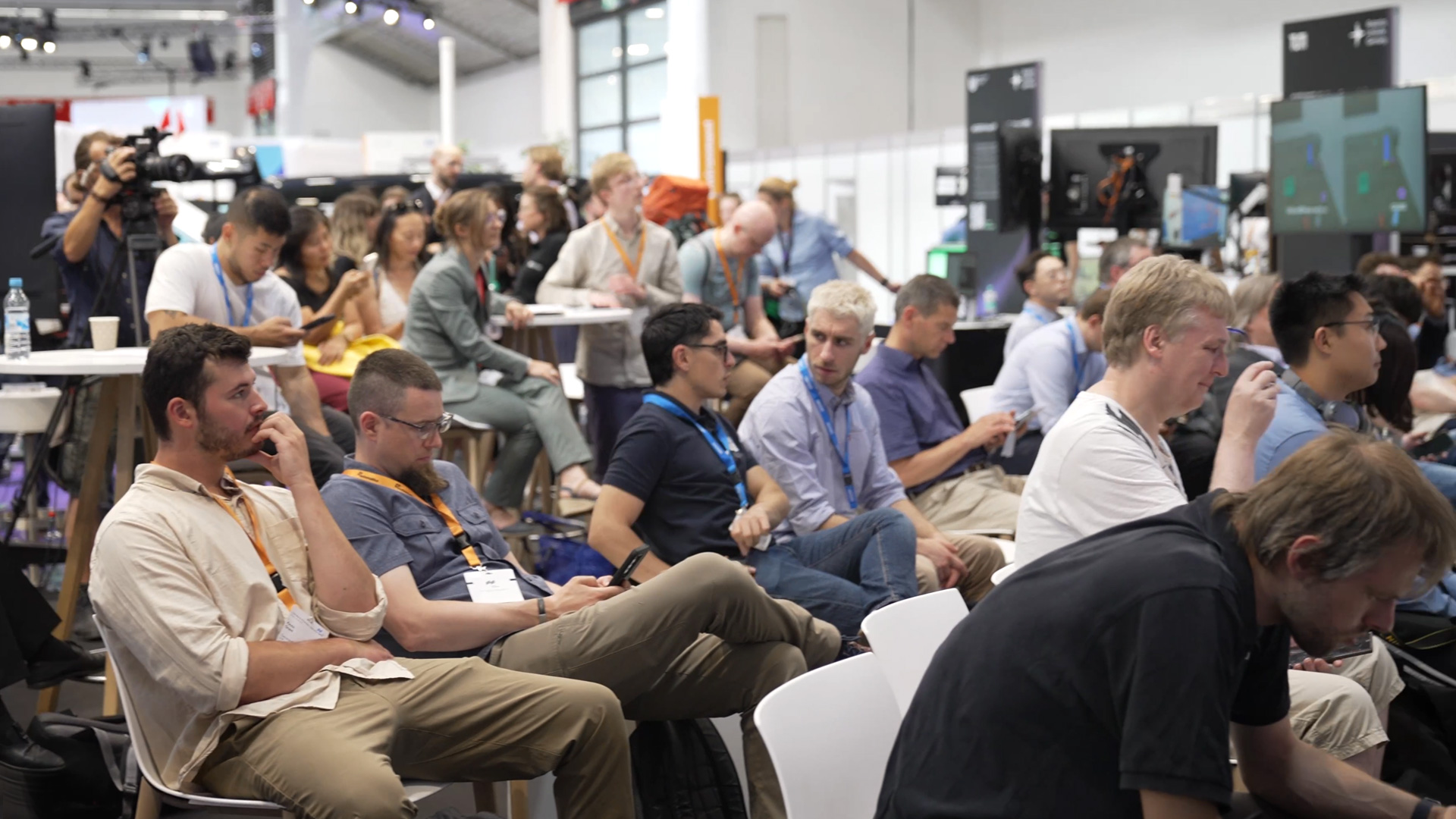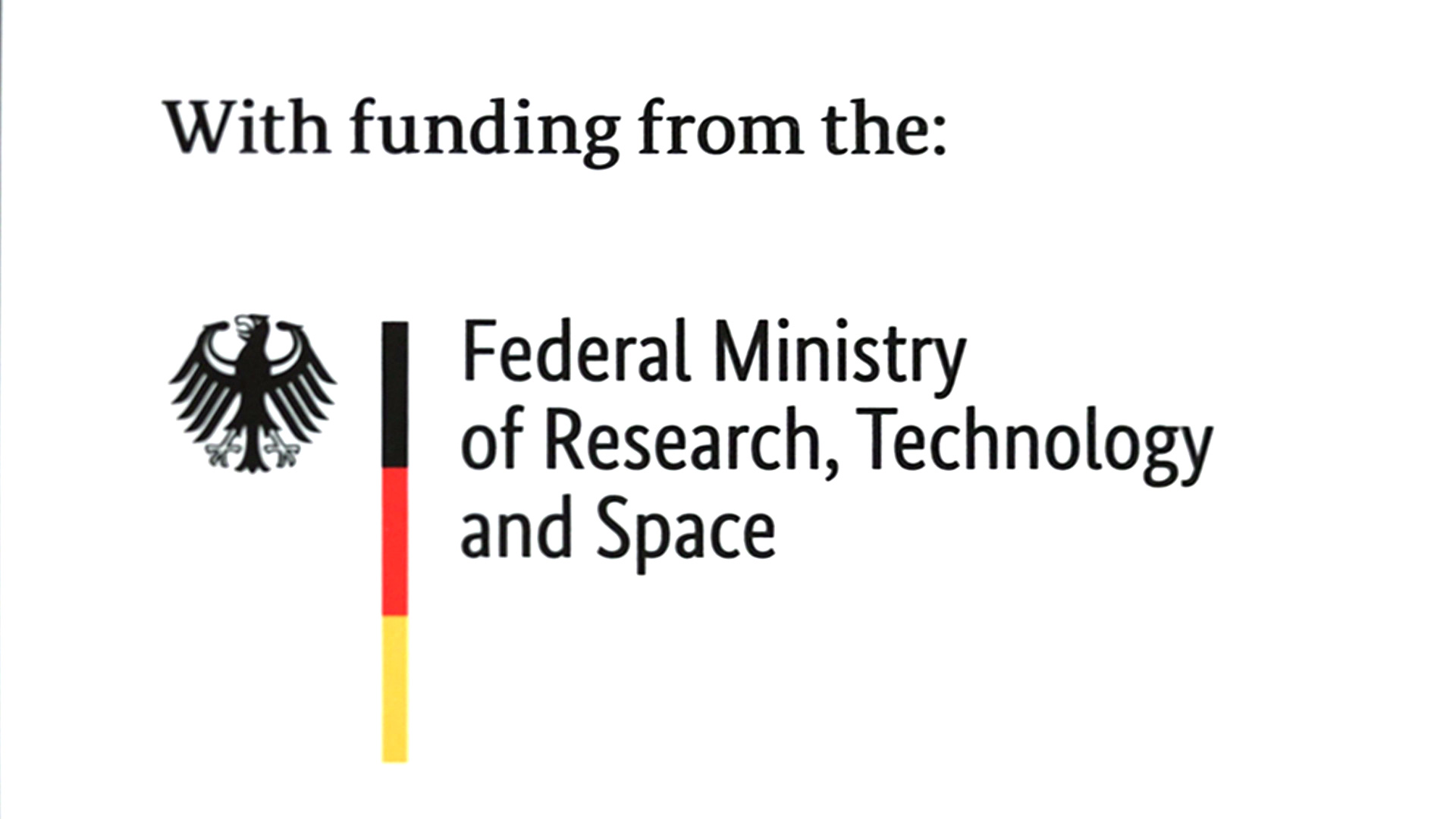The Robotics Institute Germany, or RIG for short, is a nationwide platform that brings together top researchers in the field of AI-based robotics in Germany under one roof. The aim of this initiative is to make a decisive contribution to Germany's technological sovereignty in this promising field through networking and cooperation. The project is supported by the Federal Ministry of Education and Research.
Germany traditionally has strong players in both classic robotics and artificial intelligence. There is great potential at the interface between these two disciplines, AI-supported robotics, not only in basic research but also in the transfer of scientific results into marketable products and industrial applications.
The RIG aims to strengthen precisely this connection and ensure that cutting-edge research does not remain isolated at individual locations, but is shared and further developed in a comprehensive network.
A central concern of the Robotics Institute Germany is to bring together research strengths at different locations throughout the country. This ensures that methods developed at the Technical University of Munich, for example, can also be used and further developed in Karlsruhe, Berlin, or Bonn.

This creates an open system in which expertise is shared across locations. The training of young scientists also plays an important role in this context. The RIG wants to give doctoral students the opportunity to look beyond the boundaries of their own university and actively collaborate with researchers at other institutions.
Rotation programs are planned, in which doctoral students can spend several months researching at another university. For example, a doctoral student at TUM could move to Karlsruhe for a certain period of time, or someone from Berlin could spend a few months researching in Munich.

The first steps have already been taken: In March, the RIG organized a robotics conference that brought together over 500 participants, including numerous doctoral candidates. In addition, regular meetings on specific research topics and focal points are held at different locations. These platforms are intended to promote exchange in the long term and enable research at the highest level.
The topics covered by the RIG are diverse. They range from assistive robotics in nursing care and industrial robotics for production processes to agricultural, underwater, and aerial robotics. The focus is not only on specific applications, but also on where significant research gaps still exist.
What research gaps exist in AI-based robotics? Where are the persistent problems that remain unsolved? And who in Germany can help with their expertise? To address these questions systematically, so-called machine clusters have been formed within the network. They cover topics ranging from multimodal AI to concepts of robotics in education.
Another important aspect is cooperation with industry. The RIG is in close contact with companies and takes their needs into account. It also works closely with its sister project RoX, which focuses in particular on the industrial requirements for robotics. The aim is to gear research work towards directly contributing to the competitiveness of German industry.

Those responsible for the Robotics Institute Germany emphasize that such an initiative would not work without comprehensive cooperation. Precisely because expertise in Germany is spread across many locations, it is crucial to bring it together. If knowledge is pooled, Germany can take a leading role worldwide in the field of AI-supported robotics.
At the same time, the RIG emphasizes the importance of support from the Federal Ministry of Education and Research. It is only through this funding that it will be possible to establish a platform for the long-term strategic development of robotics and AI in Germany.

This will not only enable important social challenges such as care and education to be addressed, but also secure the country's economic strength. The RIG sees itself explicitly as the beginning of a process that will be intensified and expanded in the future.